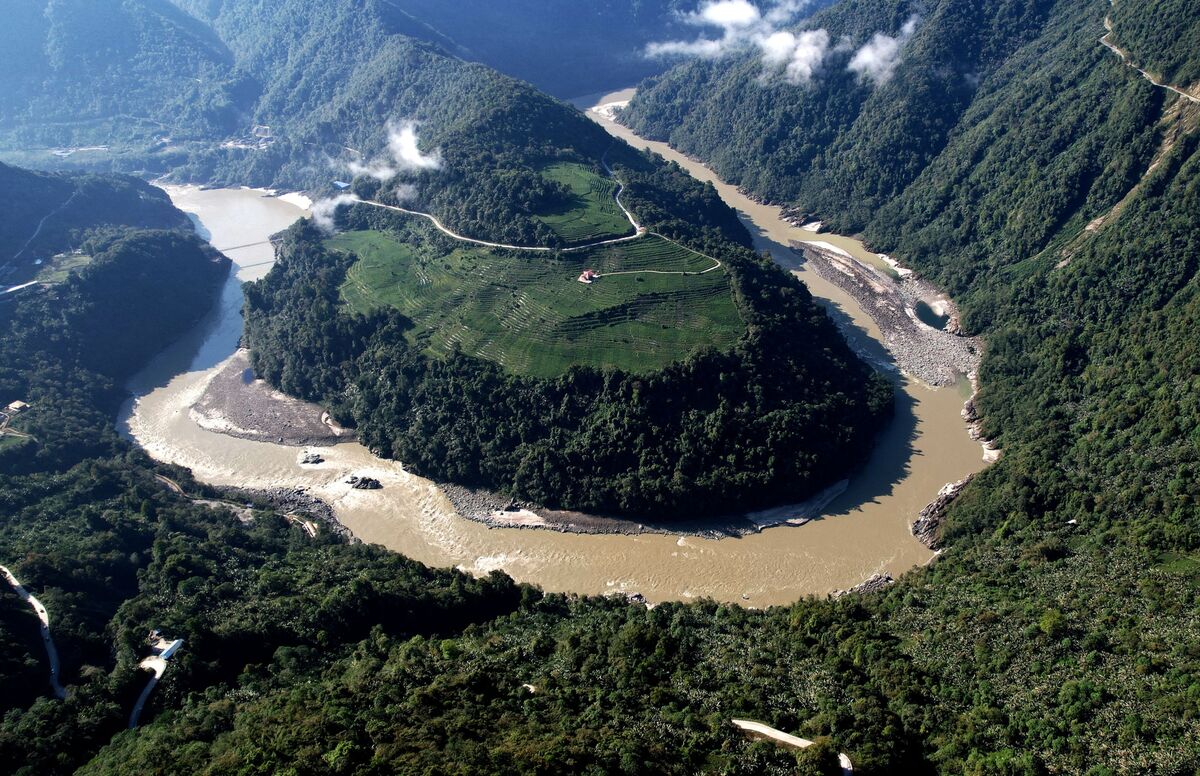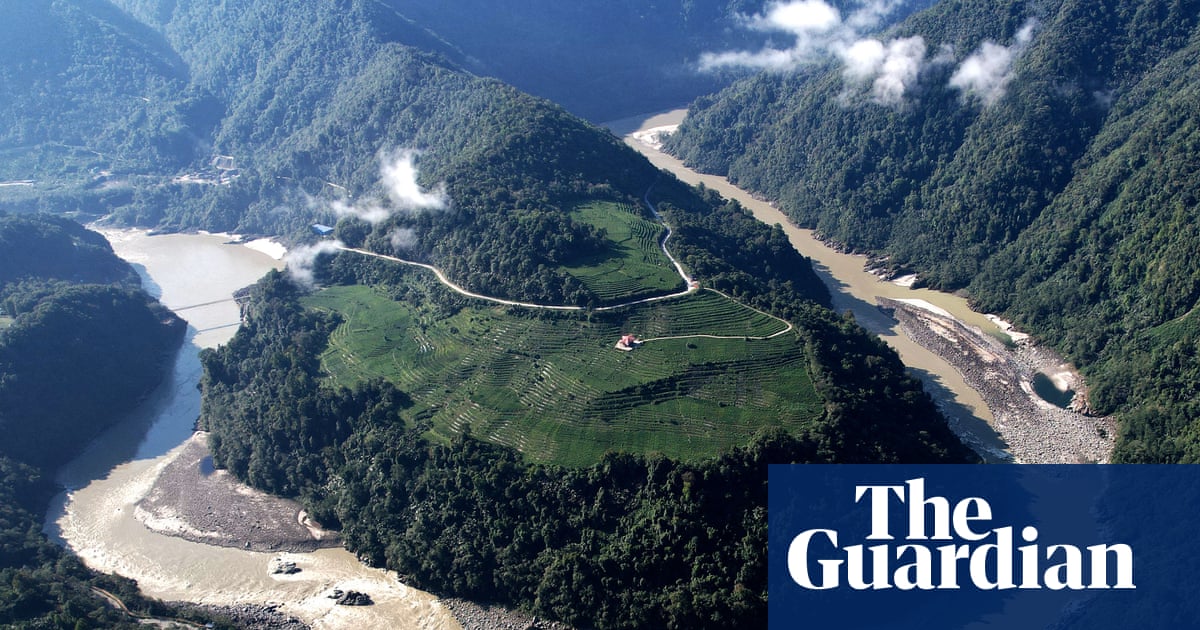T4K3.news
China launches $167 billion dam project in Tibet
The government has begun construction on a major hydropower project despite risks to biodiversity and India relations.

China secures economic benefits with a massive hydropower project in Tibet.
China commits to $167 billion Tibet dam despite India tensions
Chinese Premier Li Qiang announced the start of a monumental hydropower project in Tibet, valued at 1.2 trillion yuan or $167 billion. This new dam will be three times the size of the renowned Three Gorges Dam and is located on the lower reaches of the Yarlung Tsangpo River. Despite worries about biodiversity and strained relations with India, the project is seen as a significant economic stimulus and a major step towards bolstering clean energy in China. The newly formed China Yajiang Group will spearhead the dam's development, indicating strong commitment to this venture by Chinese officials.
Key Takeaways
"Construction will begin on a hydropower project set to be three times the size of the Three Gorges Dam."
This illustrates China's focus on expanding its energy infrastructure.
"The project emphasizes economic stimulus despite biodiversity risks and regional tensions."
It shows how economic ambition can overshadow environmental and diplomatic concerns.
The ambitious dam project highlights China's prioritization of economic growth over environmental concerns and geopolitical stability. While the substantial investment promises job creation and renewable energy, it also raises alarms regarding ecological sustainability and regional tensions, particularly with India, which has historically been sensitive to Chinese infrastructure projects along its borders. The move reflects a broader trend in China's infrastructure strategy where immediate economic advantages are often placed above long-term ecological and diplomatic costs.
Highlights
- China's mega-dam serves as a bold testament to ambition over caution.
- Economic growth takes center stage, sidelining ecological concerns.
- India's reaction to this massive dam project could redefine regional relations.
- A commitment to clean energy comes with a heavy geopolitical price.
Concerns over biodiversity and regional tensions
The project poses risks to biodiversity in Tibet and could exacerbate already strained relations with India, which may lead to geopolitical friction.
The long-term impact of this ambitious project remains to be seen, both environmentally and diplomatically.
Enjoyed this? Let your friends know!
Related News

China starts building largest hydropower dam

Fantastic Four: First Steps scores $27 million overseas

How to Train Your Dragon opens to $198 million

Fartcoin gains attention in crypto community

Trump announces $90 billion AI investment in Pittsburgh
:max_bytes(150000):strip_icc()/GettyImages-2226699333-6e8ce3ffae0e4274b86ad24510648aa5.jpg)
S&P 500 and Nasdaq Close at Record Highs
:max_bytes(150000):strip_icc()/GettyImages-2227723550-e694a4f3ee1d4e72bdefbf6236937641.jpg)
Stocks Retreat as Investors Await Key Technology Earnings

XRP Set for 20% Price Rally Amid Regulatory Changes
